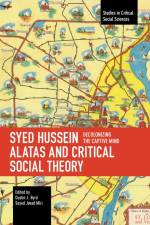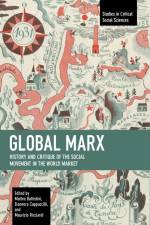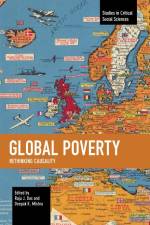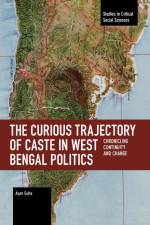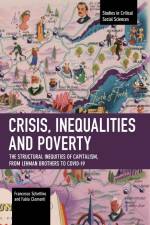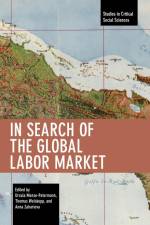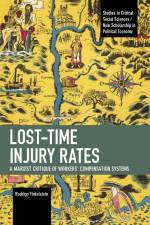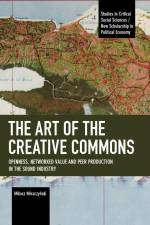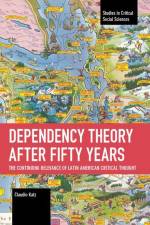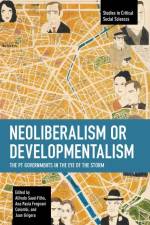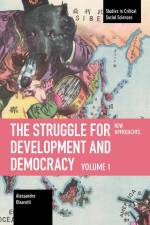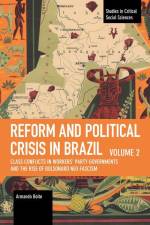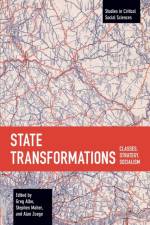av Alfredo Saad-Filho
477
This thorough and timely book collects essays on the political economy of Brazil, focusing on the federal administrations led by the Workers' Party (PT), under Presidents Lula and Dilma Rousseff. The essays examine the economic, political, and social aspects of these governments, and a whole spectrum of policies implemented - or not - between 2003 and 2016, with implications for the subsequent period up to, and including, the administration led by Jair Bolsonaro. What emerges from this examination is the inescapable recognition that those left leaning governments were neoliberal, but in different ways when compared with other administrations in Brazil's history. Their similarities and differences are examined in detail. Contributors are: Adalmir Antonio Marquetti, Alessandro Miebach, Alfredo Saad-Filho, Ana Paula Colombi, Andre Singer, Andreia Galvao, Armando Boito Jr, Barbara Fritz, Cecilia Hoff, Celio Hiratuka, Claudio Castelo Branco Puty, Cristhiane Falchetti, Daniela Magalhaes Prates, Denise Gentil, Eduardo Fagnani, Fabiano Santos, Fabio Luis Barbosa dos Santos, Glaison Augusto Guerrero, Guilherme Mello, Gustavo Codas Friedmann, Humberto Martins, Jose Dari Krein, Lena Lavinas, Lucas Salvador, Andrietta, Luiz Fernando de Paula, Luiz Filgueiras, Marcelo Arend, Patricia Rocha Lemos, Paula Marcelino, Pedro Cezar Dutra Fonseca, Pedro Mendes Loureiro, Pedro Paulo Zuluth Bastos, Pedro Rossi, Rafael Moura, Ruy Braga, and Soraia Aparecida Cardozo.




